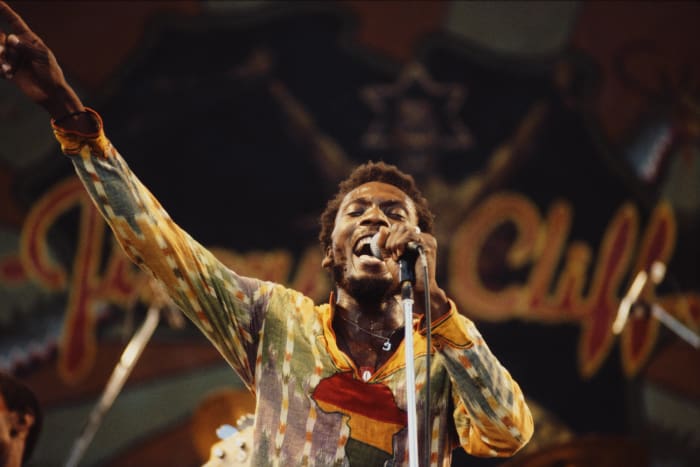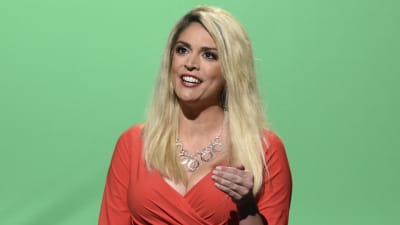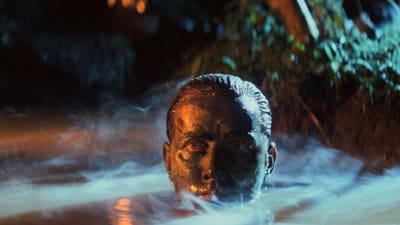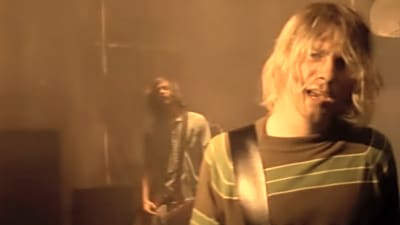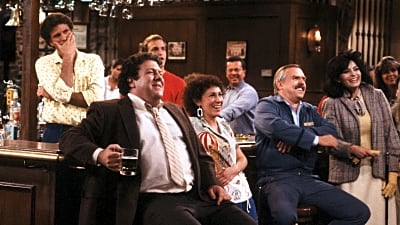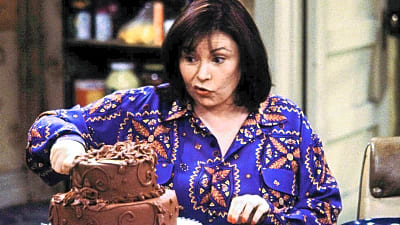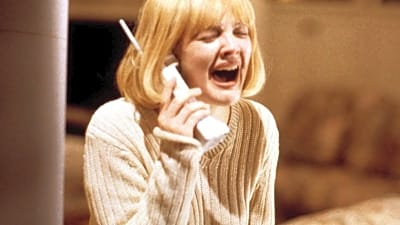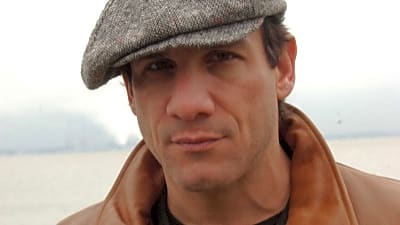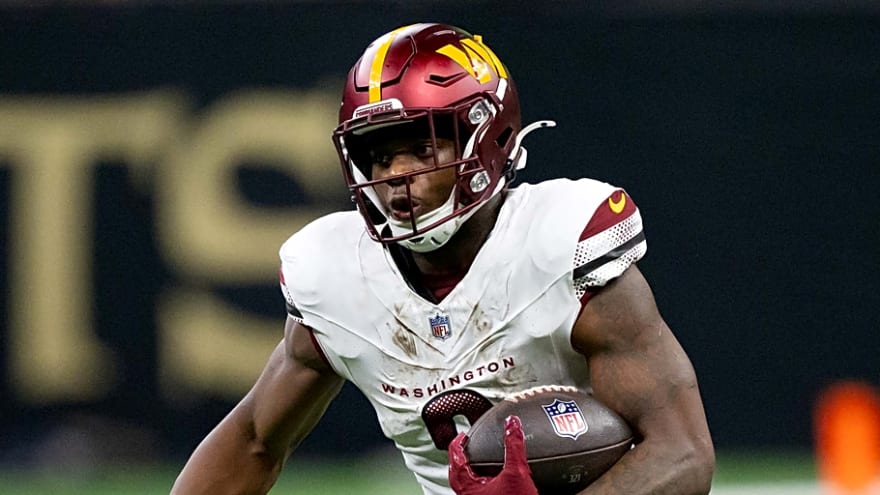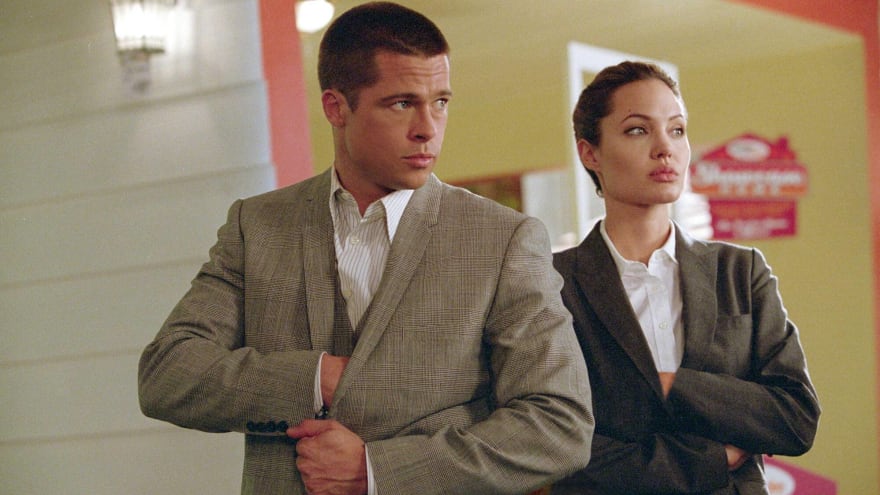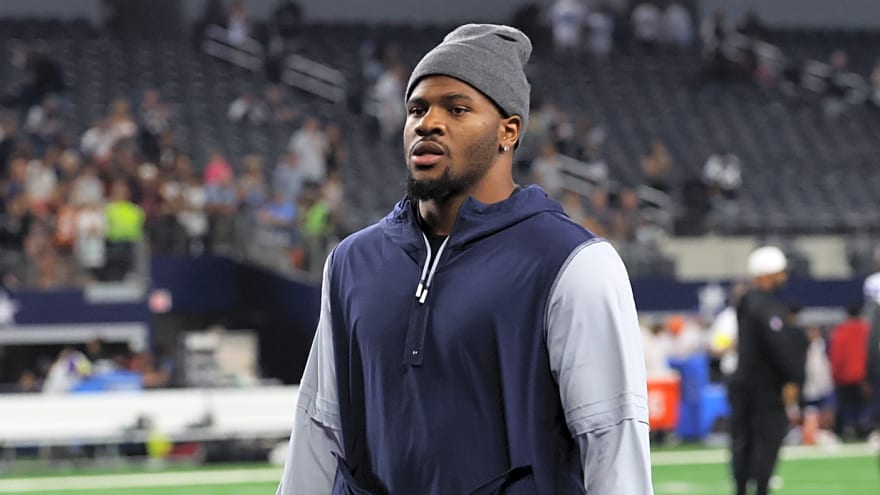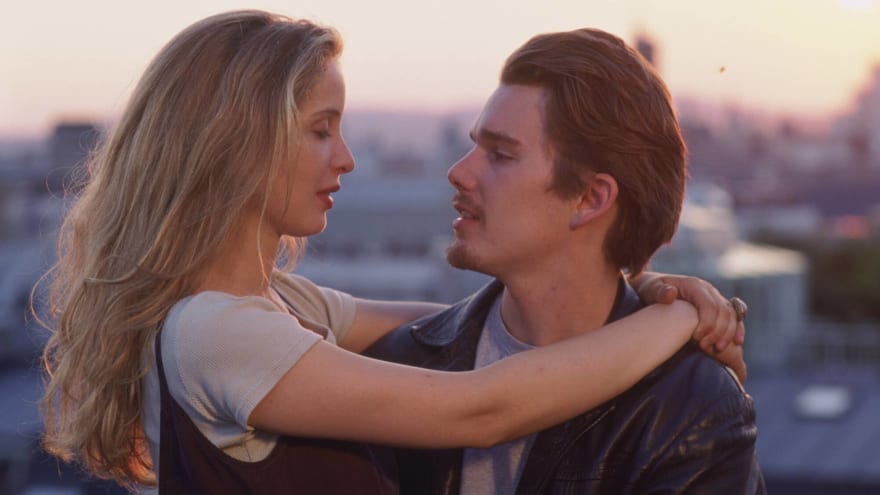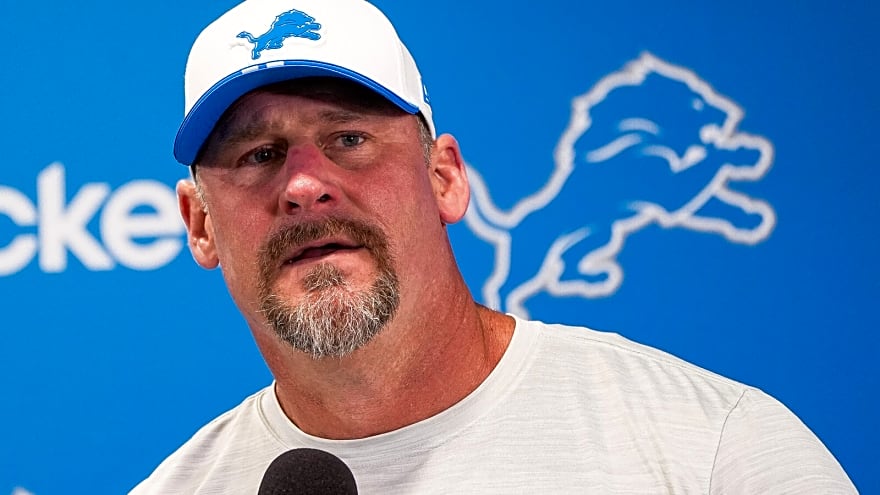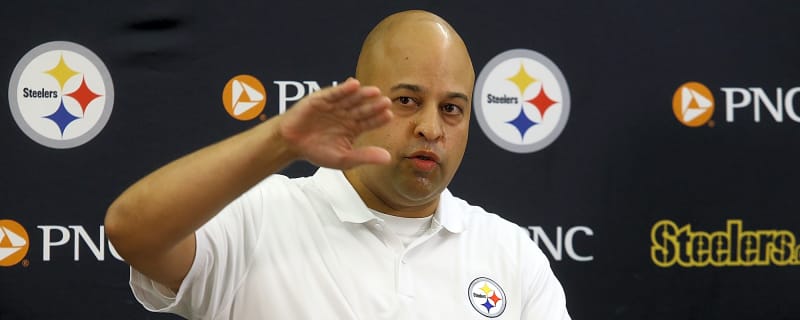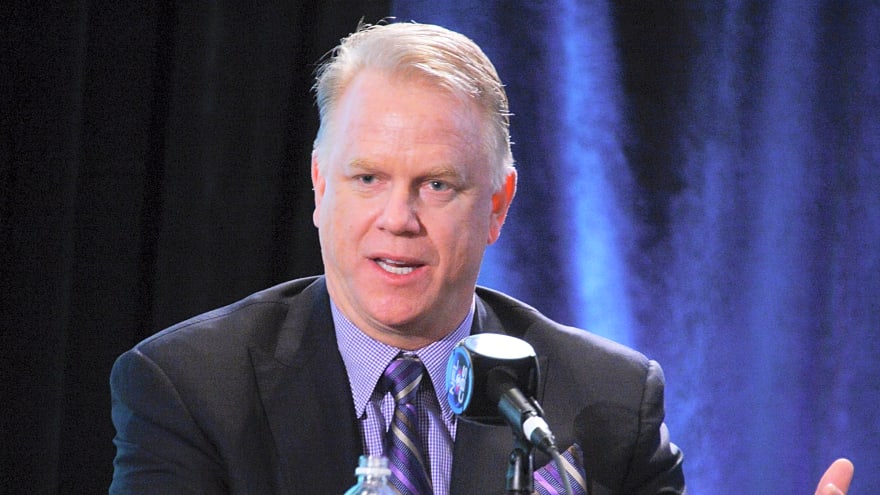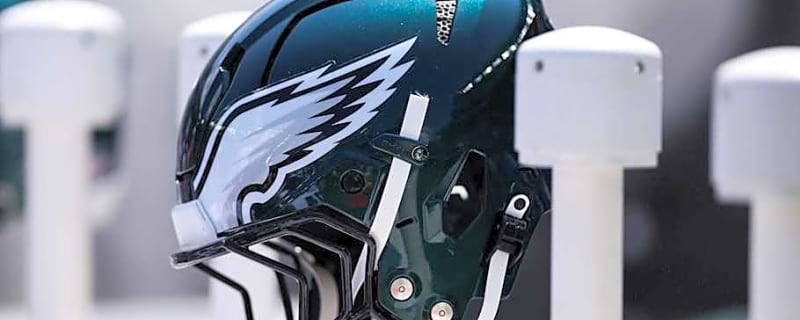
The 20 best movie soundtracks and scores of the 1970s
In the most simplistic of terms, yes, the soundscape of the '70s was defined by disco, but literally no one – including the very band that helped launch it into the mainstream – had any idea it would turn into a decade-defining cultural movement. While it's been a full 40 years since a folk-rock band of brothers turned mirror balls into year-round dance floor mistletoe, let's not forget some of the other soundtracks that helped shape a truly transformative era.
More must-reads:
- 20 animated films that pack an emotional wallop
- '9-1-1' star Angela Bassett reveals the alternate death they filmed instead of Peter Krause's character
Breaking News
Trending in Entertainment
Customize Your Newsletter
 +
+
Get the latest news and rumors, customized to your favorite sports and teams. Emailed daily. Always free!
TODAY'S BEST

'Tell Me Lies' star Grace Van Patten says that people really believe Jackson White is his character
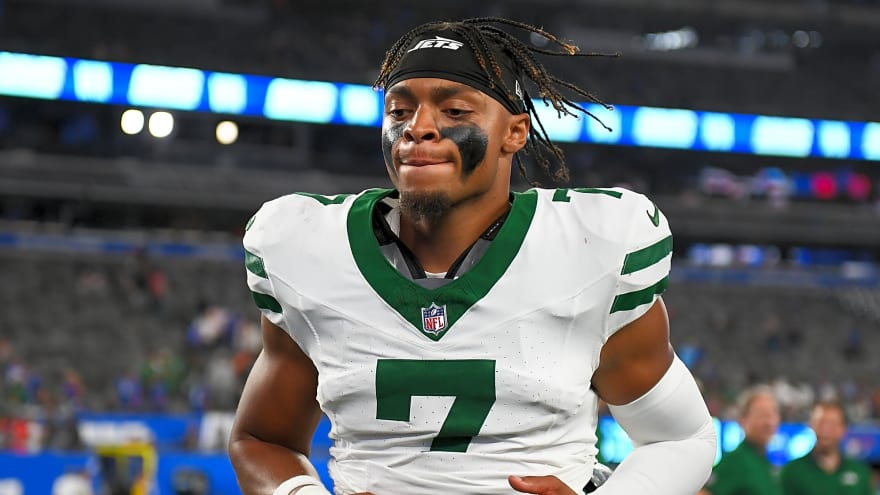
Jets coaches try to calm situation in wake of Justin Fields' comments
According to Josh Alper of Pro Football Talk, New York Jets starting quarterback Justin Fields did not throw a pass that traveled 10 yards in the air over the club's first two preseason games. Some have voiced concerns about the Jets' passing attack with Fields in the lineup, but he insisted while speaking with reporters on Tuesday that he's "fine with taking eight-yard completions every play." On Wednesday, Jets offensive coordinator Tanner Engstrand addressed Fields' comment. "He's going to play the play the way the defense allows him to play it," Engstrand said about Fields, per Zack Rosenblatt of The Athletic. "So if they're going to allow him to take a shot down the field, he's going to take it. If they don't allow him, he's going to check the ball down, and we'll move on to the next play. We're all good with that." Fields completed just one of five passes for four yards in the Jets' 31-12 loss to the New York Giants on Saturday. According to Fox Sports, he connected on four of nine pass attempts for 46 yards across his first two preseason appearances of the summer. Despite such lackluster numbers, first-year Jets head coach Aaron Glenn suggested on Tuesday that he is ignoring "the noise that happens on the outside" regarding the team's passing offense. On Wednesday, Jets passing game coordinator Scott Turner praised Fields for knowing when to take a checkdown and when to challenge an opposing defense. "I think you've seen a lot of quarterbacks in this league, Josh Allen pops into mind, who really cut down his turnovers last year and won MVP by not always trying to make the big huge play, but make the right play. Justin has done a nice job with that," Turner said. ESPN stats show that Fields averaged 6.9 yards per pass attempt over six starts and 10 appearances with the Pittsburgh Steelers last season. Per Pro Football Reference, 22 qualified quarterbacks had a better yards per pass attempt average for the 2024 campaign. Dan Graziano of ESPN noted Wednesday that the $10M guaranteed that the Jets owe Fields for 2026 "won't prevent them from" looking for an upgrade at the position next year if he doesn't make "a major leap as a passer." It's still early into this experiment, but there's no sign that such a leap is coming anytime soon.

Dallas Stars lock up one of the league's best players with massive extension today in hockey history
Pat McAfee has strong reaction to Hall of Fame honor

GAG VS SAB! Who Will Break the Internet? Jandel? SpyderSammy? OR Mr. Beast!
It is a tale as old as time. Who will win? Will it be Godzilla or King Kong? Psych! These wars are no longer about size and strength, but millions of players trying to show support for their game… and in turn, they break the internet! GAG VS SAB – Numbers Don’t Lie Back in June, Grow A Garden (GAG) broke Fortnite’s previous record of concurrent players in a single game by over 6 MILLION! I mean… how hard can it be to get 21 million gamers to play at the same time and on a game that focuses on GARDENING! However, the numbers don’t; we all want to get that Candy Blossom and use our Grandmaster Sprinkler to watch it grow. Steal A Brainrot (SAB) has not even come close to GAG, and they want to challenge them? SAB is on par with Fortnite, with around a mere 15 million concurrent players in a single game. Why Do We Care? I mean, this is just a virtual battle, right? Wrong?! This is an opportunity to set records AND help others in the process. Jandel has said that he will donate $5,ooo to #TeamWater (Mr. Beast’s charity for clean water to those in need) for every one million players GAG gets more than SAB. Not only that, but @SpyderSammy will match Jandel’s donation no matter who wins! You could be a part of breaking over 21 million concurrent players in a single game, AND help people who do not have access to clean water, OR live in an area facing water scarcity. Where Does Your Loyalty Lie? How could a garden beat brainrot? Well, well, well… I am glad you asked. Join Roblox on August 23, 2025, at 10:00 AM EST to watch the epic battle between GAG and SAB, and welcome in a new era. Stand with your team to see who will win! Lastly, will Mr. Beast show up to Jandel’s challenge for #TeamWater? Will the Green Beans win, or will the Brainrot Gods stand on business? Who do you think will win? GAG or SAB?
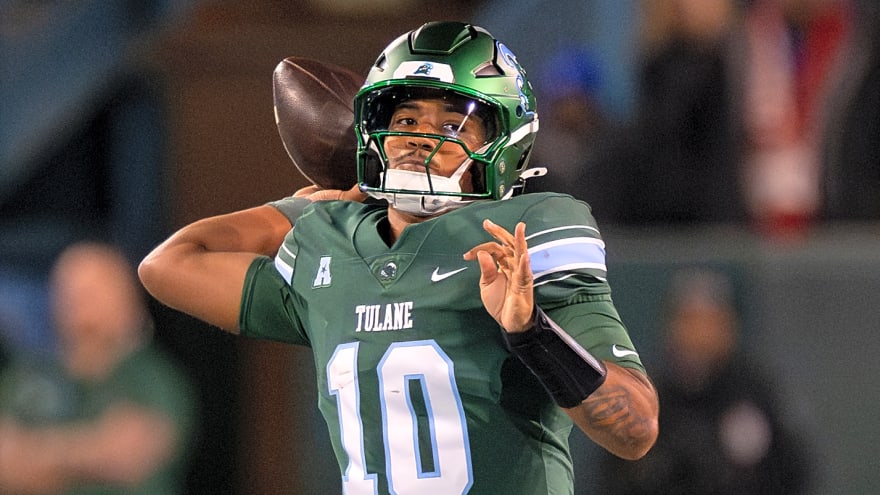
These college QBs are set to earn millions in 2025
Quarterback is the most important position in football, and the money given to top signal-callers — both in the NFL and at the collegiate level — supports that. On3's Pete Nakos detailed on Thursday what some of the top quarterbacks in college football will earn during the upcoming season. Nakos writes that at least five QBs will make roughly $3 million in the 2025 campaign, while more than 20 starting quarterbacks will command at least $1 million. It's important, for context, to note that these financial figures include direct revenue-sharing from schools and/or NIL deals from third-party collectives. Leading the way among 2025 quarterbacks is Duke's Darian Mensah. The 6-foot-3, 205-pound redshirt sophomore, from San Luis Obispo, Calif., will earn $4 million this year, part of a two-year, $8 million contract with the Blue Devils. Mensah transferred to Duke from Tulane, where in 2024 he threw for 2,723 yards with 22 touchdowns against just six interceptions. True freshman Bryce Underwood of Michigan is set to collect $3 million this season, which is a massive number for someone who has never taken an official snap in college. Still, the 6-foot-4, 228-pound Underwood is a significant contender to win the Wolverines' starting QB job in 2025. The native of Belleville, Mich., was the No. 1 national prospect in the 2025 recruiting class. Redshirt senior Carson Beck transferred from Georgia to Miami in the offseason, and he will make $3 million to $3.2 million this season to start, in a deal that could be worth up to $6 million with incentives, per Nakos. The 6-foot-4, 220-pound Beck, who is from Jacksonville, Fla., tallied 3,485 passing yards with 28 touchdowns and 12 interceptions in 2024. According to the On3 article, Nebraska's Dylan Raiola will earn more than $3 million in total compensation during the 2025 season. The 6-foot-3, 230-pound sophomore, who hails from Buford, Ga., threw for 2,819 yards with 13 touchdowns and 11 interceptions as a true freshman. Last year, Raiola guided the Cornhuskers to a 7-6 record and a bowl-game triumph. Drew Allar will look to lead Penn State on another deep College Football Playoff run in 2025, and the senior quarterback will earn at least $3 million during the upcoming campaign. The 6-foot-5, 235-pound Allar, from Medina, Ohio, threw for 3,327 yards with 24 touchdowns and eight interceptions a year ago as Penn State made the CFP semifinals. The Nittany Lions are No. 2 in the preseason Associated Press top-25 poll. Other quarterbacks who are expected to make big bucks in the 2025 season include Oklahoma's John Mateer ($2.5 million to $3 million), Vanderbilt's Diego Pavia (at least $2 million), Kansas State's Avery Johnson (at least $2 million), South Carolina's LaNorris Sellers ($1.8 million), TCU's Josh Hoover ($1.75 million) and Cincinnati's Brendan Sorsby ($1.5 million to $1.7 million), among others.

Bill Belichick takes another shot at Patriots owner Robert Kraft
It is no secret that the relationship between Bill Belichick and Robert Kraft has been strained since Belichick left the New England Patriots. Belichick took an obvious shot at Kraft and the Patriots owner's son, Jonathan, who is the president of the team, during an interview with Ben Volin of the Boston Globe that was published on Thursday. Belichick is preparing for his first-ever season as a college coach with North Carolina. When asked what he has noticed that is different about coaching in college versus the NFL, Belichick insinuated he has enjoyed not having to answer to any members of the Kraft family while doing his job in Chapel Hill. "It’s a much more cohesive, and I’d say unified, view of what we’re trying to do and how we’re trying to do it," Belichick told Volin. "It’s a lot of football, and there’s not much in your way. "There’s no owner, there’s no owner’s son. There’s no cap, everything that goes with the marketing and everything else, which I’m all for that. But it’s way less of what it was at that level." Shots fired. There is no way to interpret that other than a criticism of Robert and Jonathan Kraft. Had Belichick left it at not having to answer to a team owner, you could make the case that he was speaking generally about the NFL. The fact that he added in "owner's son" makes it obvious he was referring to his old bosses, as both Robert and Jonathan are hands-on with the Patriots. Belichick is almost certainly bitter over the way his tenure in New England ended following the 2023 season. He coached the Patriots for 24 seasons and won six Super Bowls, so he likely felt he should have been given more time to turn things around in the post-Tom Brady era. The Kraft family preferred to move on after a 4-13 campaign. Though Belichick insists he is solely focused on the upcoming UNC season, this is not the first time in recent months that he has gone out of his way to throw a jab at Robert Kraft.
